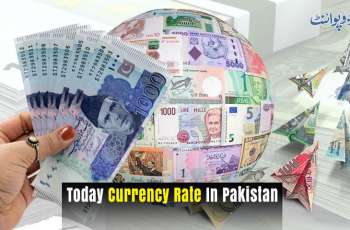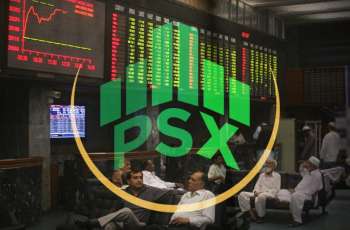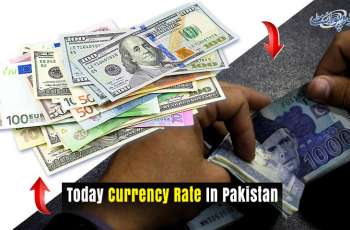WASHINGTON (Pakistan Point News / Sputnik - 10th September, 2021) The economic situation in northeast Syria has deteriorated and is now worse than ever because of US sanctions imposed on the conflict-torn country, Syrian Democratic Council Representative in the United States and member of the Presidential Committee, Bassam Saker, told Sputnik.
"To be honest, it is difficult situation now," Saker said. "The economic situation is worse now than before. Because even us, we are under sanctions, our region is under the Caesar Act sanctions. That's why the people, they still suffer there. I can say that the economic situation is worse than ever. It is complicated. That's why we need the political solution to be reached soon."
Saker said they need waivers from the US Treasury's Office of Foreign Assets Control (OFAC) before anything can be done.
"Anything you want to do in the area, you need an OFAC or exemption to do that. It means we are under influence of these sanctions," he added. "We have a problem with sanctions, because we use the Syrian Currency and the Syrian currency collapsed."
Saker said he believes when the political process is solved, the sanctions should be removed. He also stressed the importance of UN Security Council Resolution 2254, which calls for an inclusive political solution to end the war.
"It is the main job for America and Russia, and even Turkey, and Iran who [are] involved in Syria - they can do that, the political process and to make the 2254," he said. "If they will do that, I believe everything will be solved. It should be."
Moreover, Saker added, the situation in the region is challenged by the continued attacks from Turkey, remaining sleeping cells of the Islamic State terrorist group (banned in Russia) as well as thousands of foreign fighters remaining in the prisons.
In late 2019, then-US President Donald Trump signed the so-called Caesar Act that took effect the next year, targeting almost all areas of Syria's economy. The law has since sanctioned a number of domestic and foreign companies and individuals who do business with the government of President Bashar Assad, plunging the middle Eastern country into its worst socioeconomic crisis since the outbreak of the war.
Damascus has repeatedly asked the international community to condemn the unilateral sanctions and take steps to lift them, pointing out that they have led to an increase in the number of Syrians in need and are violating basic human rights.
The official Damascus does not recognize the authority of the so-called Autonomous Administration and its military wing, the SDF, over the country's northeast.
The Syrian Democratic Forces, operating in the north of Syria, have played an active role in fighting IS and have placed thousands of captured militants and members of their families in prisons and camps.
The US-led coalition of more than 60 nations has been carrying out airstrikes and other operations against the Islamic State in Iraq since August 2014 and in Syria since September 2014. However, the coalition has acted in Syria without the approval of the Syrian government or the UN Security Council.



